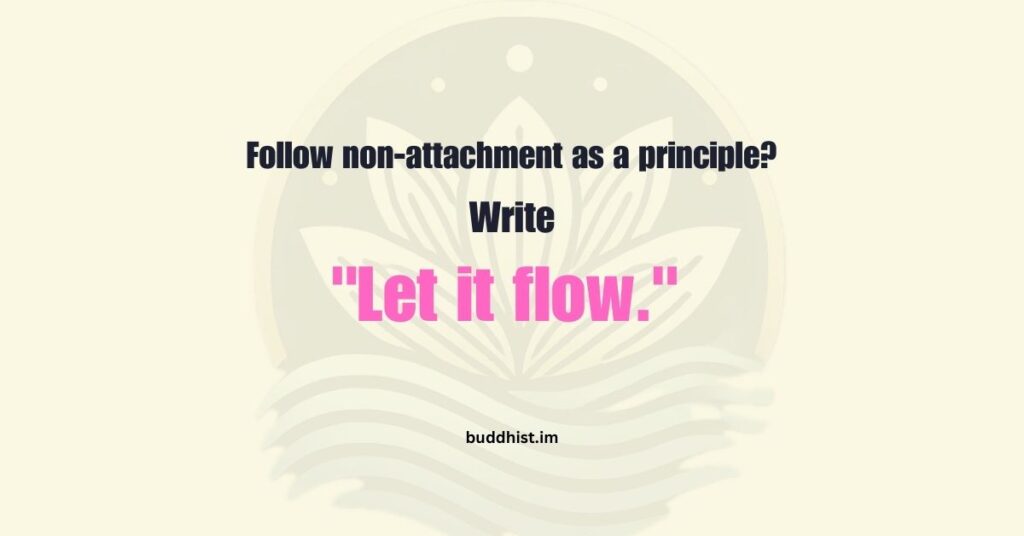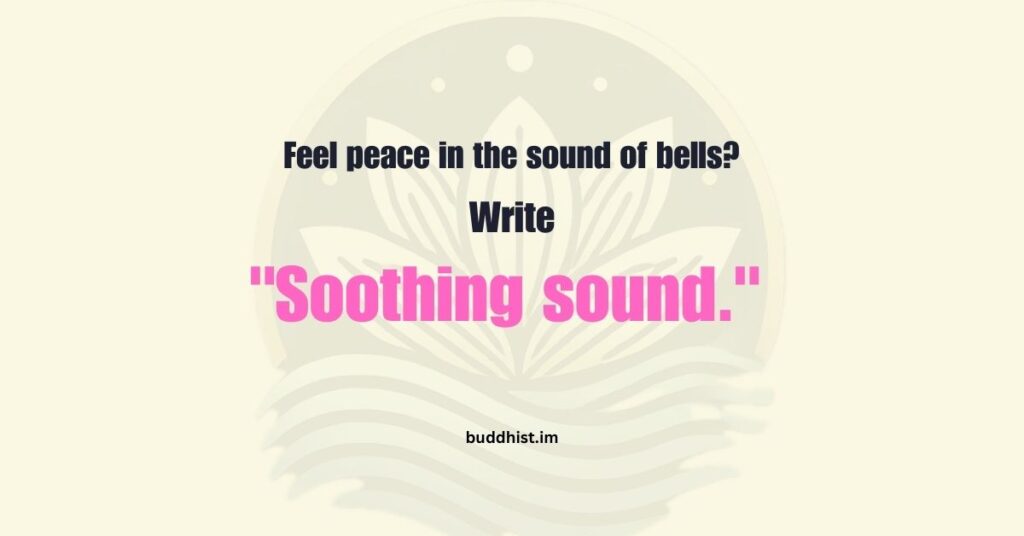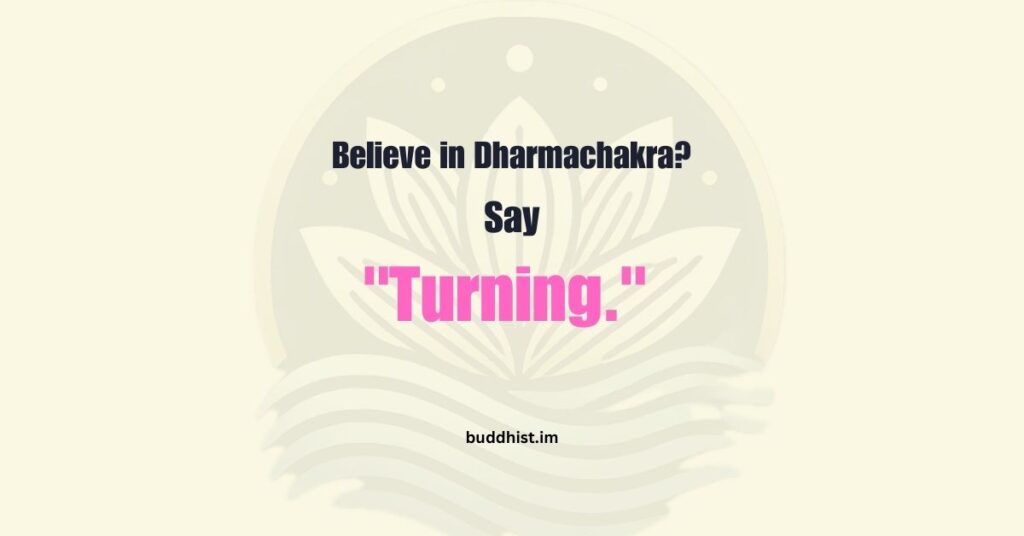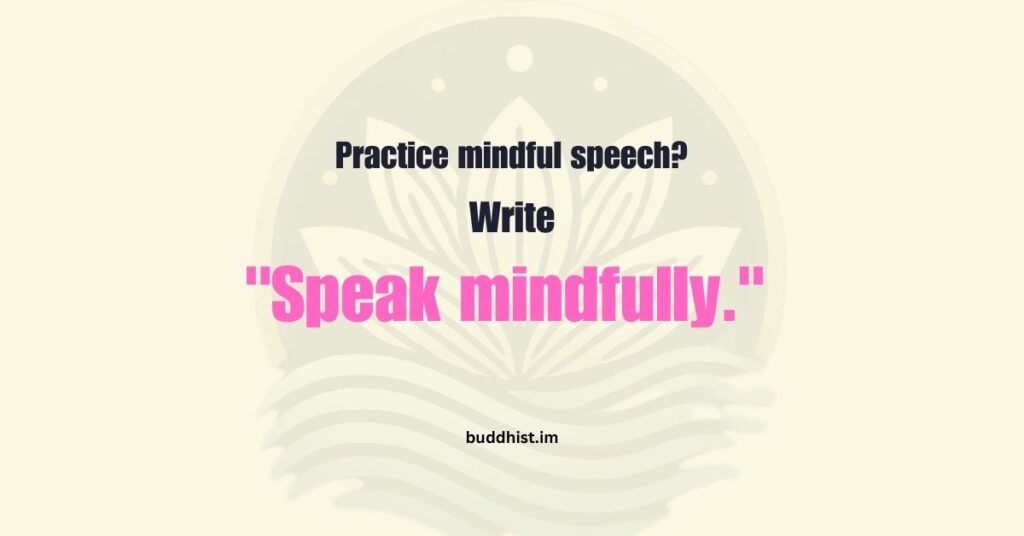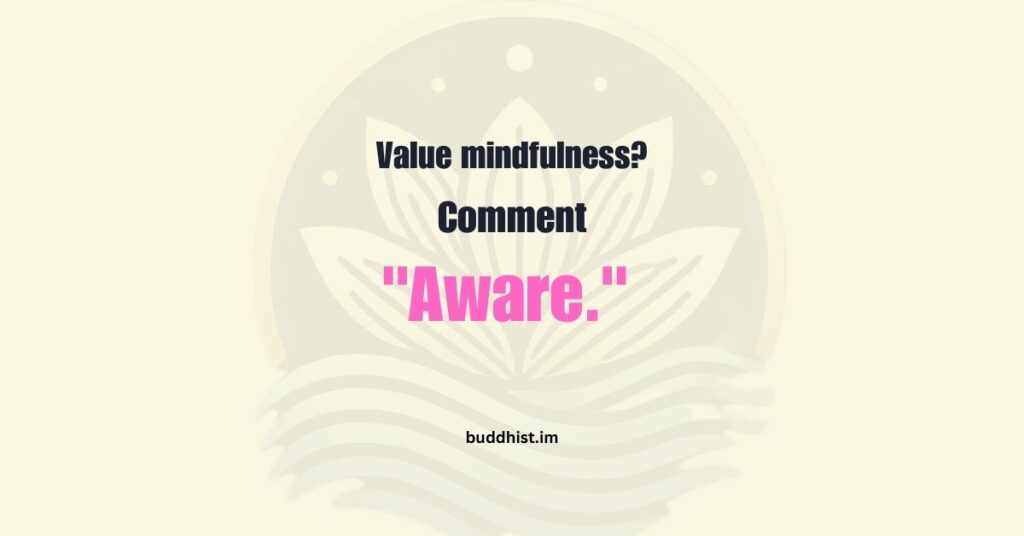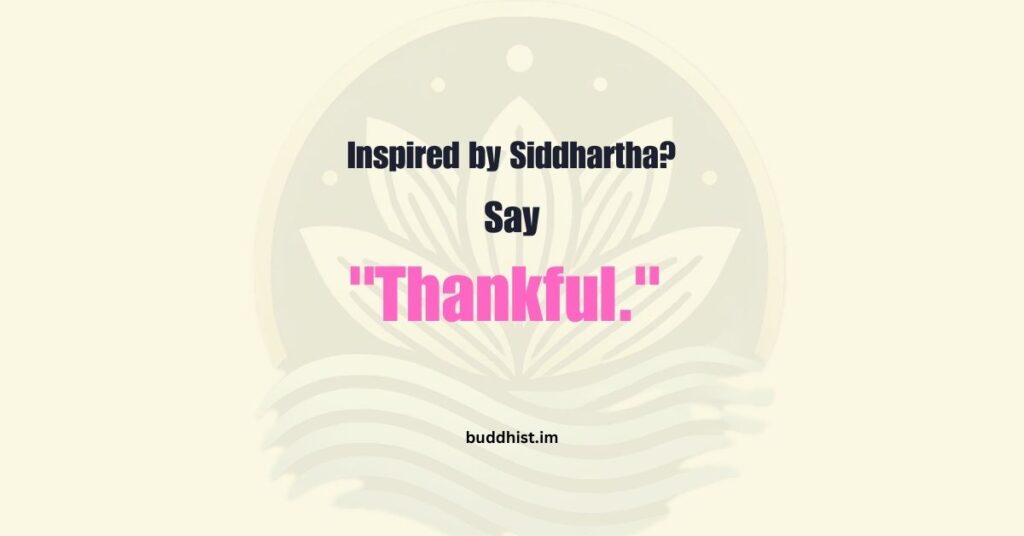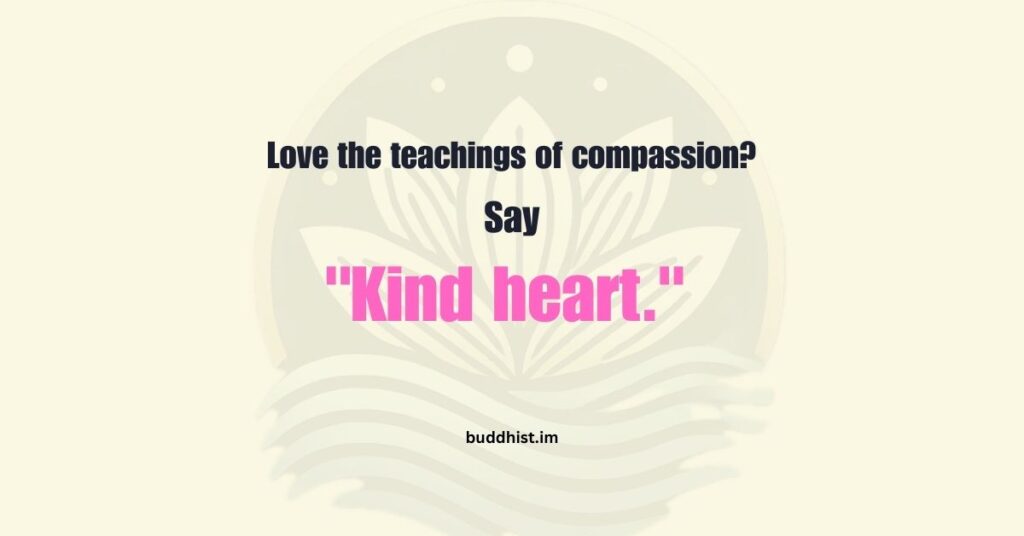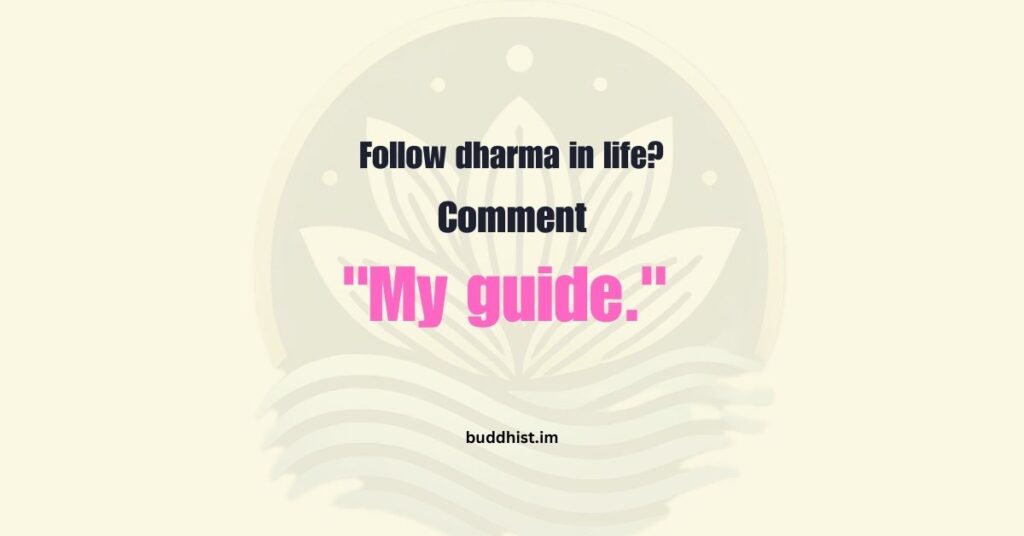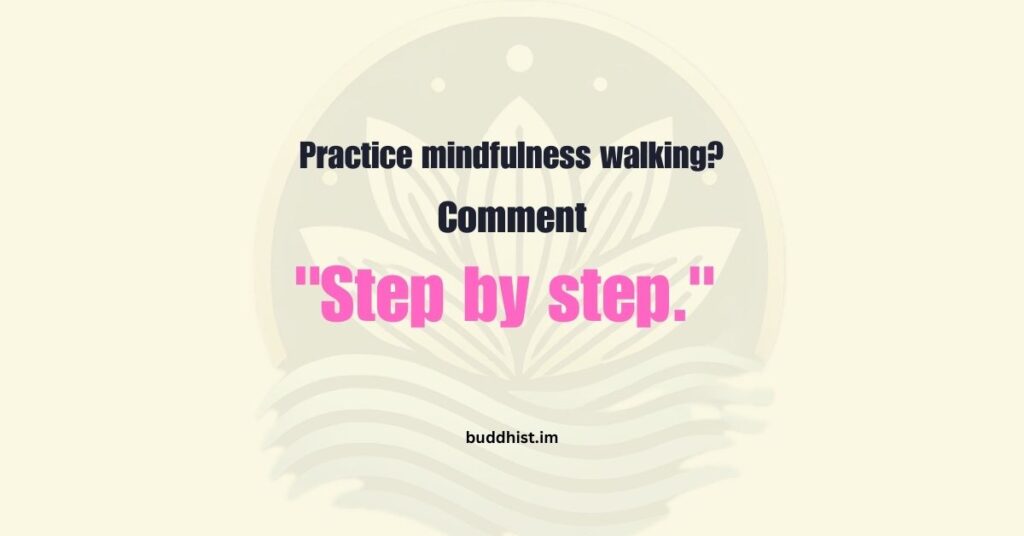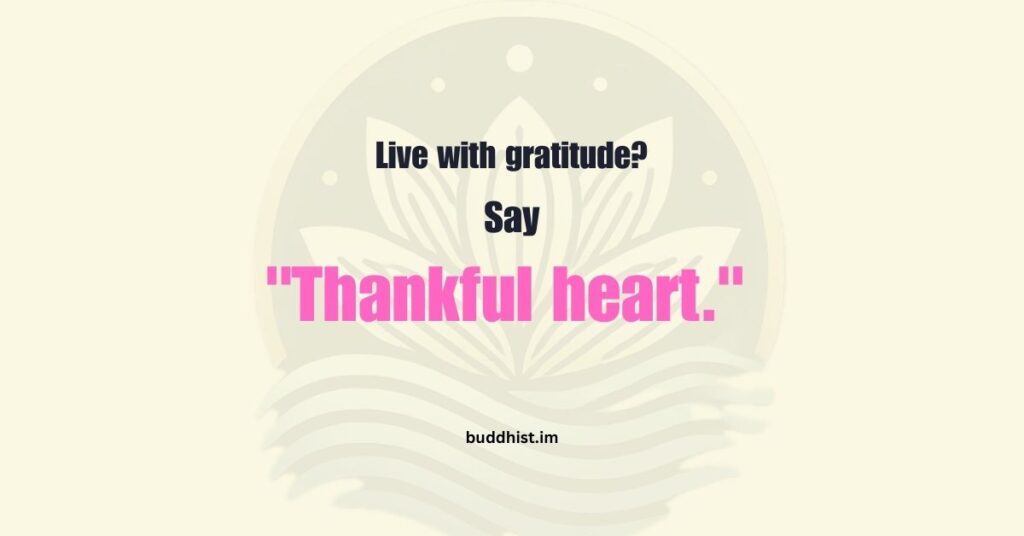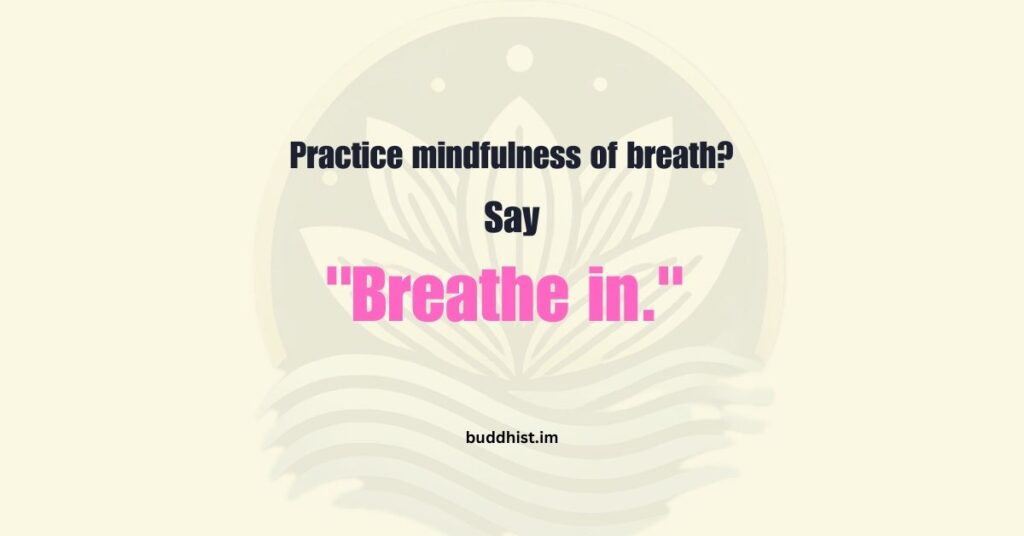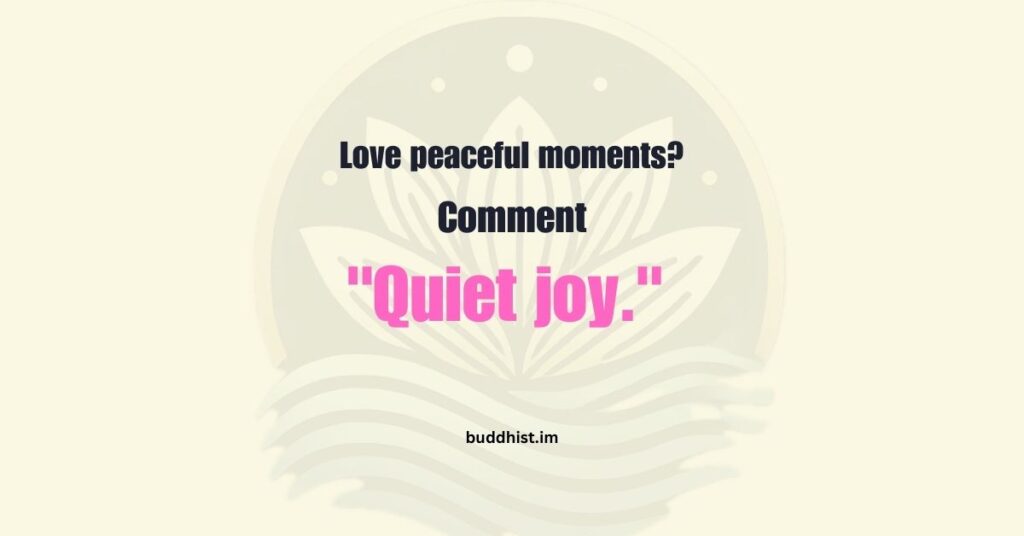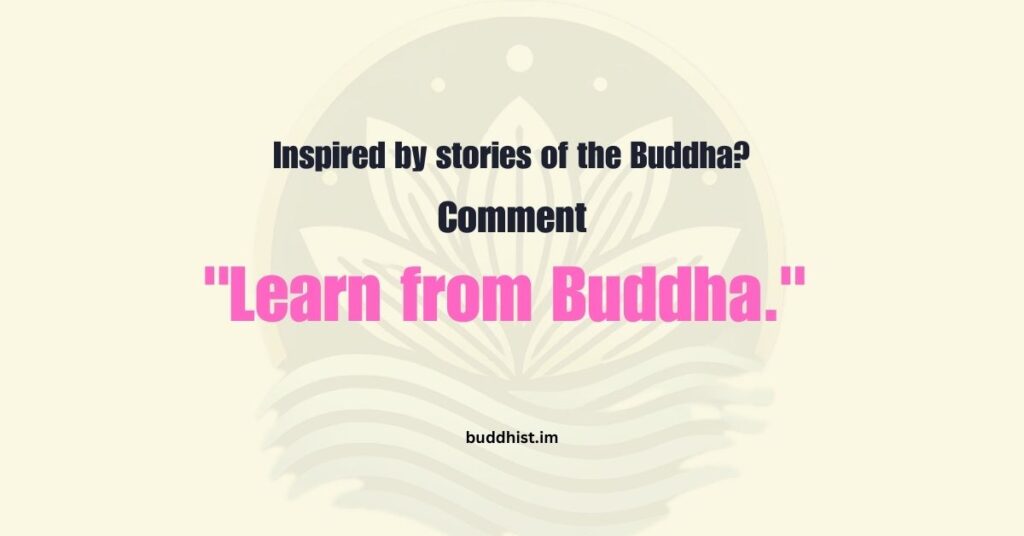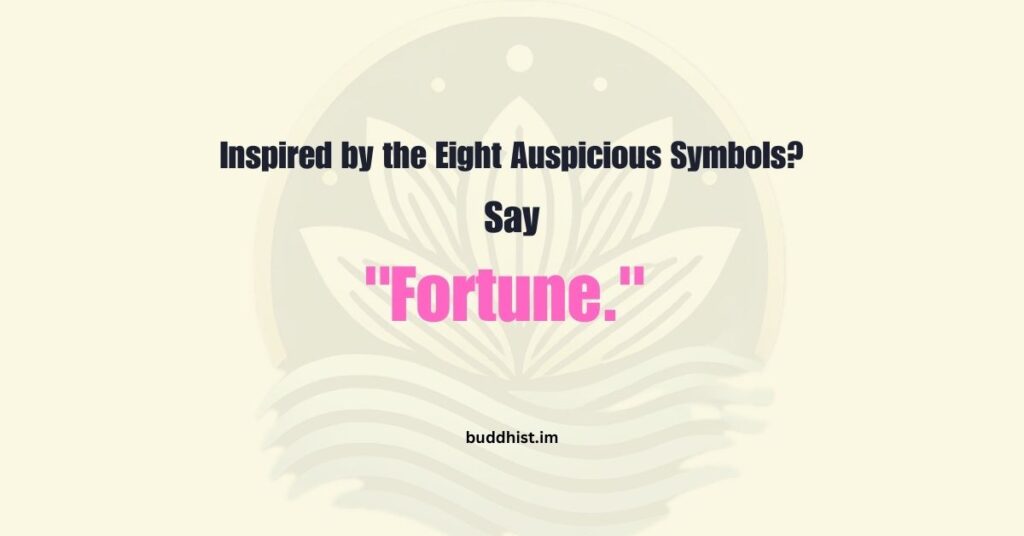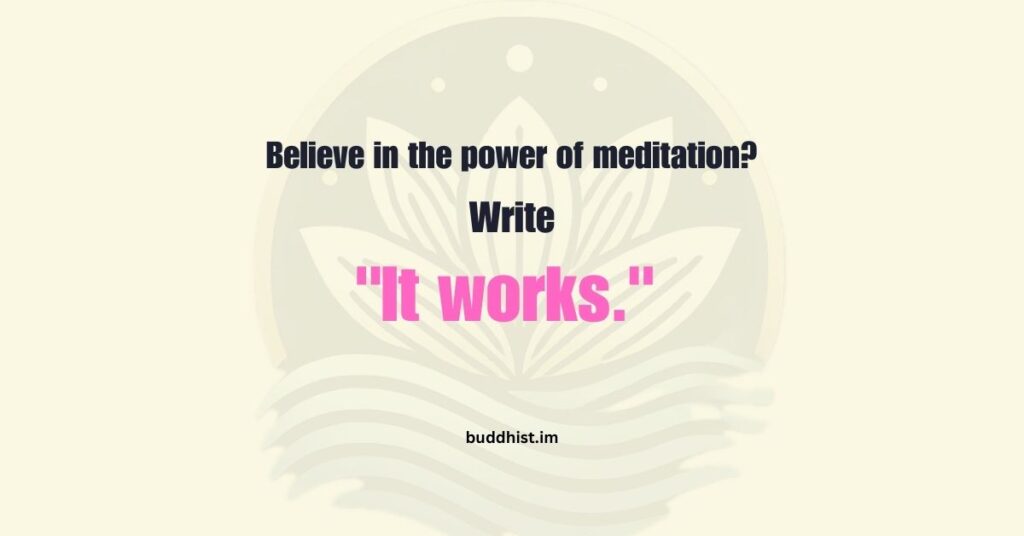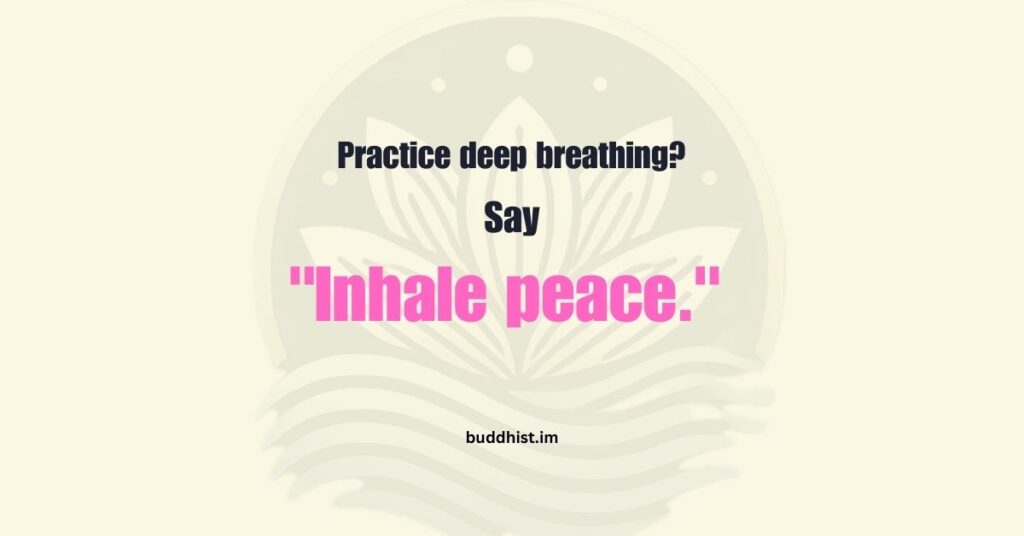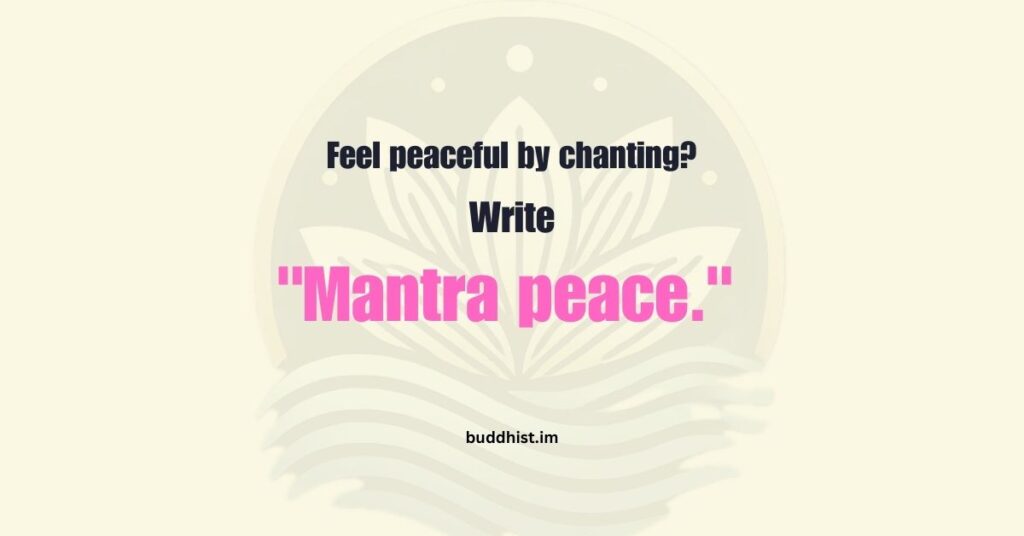If you’ve ever felt like the world wants you to wear a dozen hats at once while balancing on a unicycle, you’re not alone. For many women, saying “no” can feel like an impossible task. We’re wired, or maybe conditioned, to be the nurturers, the doers, the fixers of all things. But guess what? It’s okay to set that unicycle down and let the hats tumble. Sometimes, saying “no” isn’t just a lifesaver; it’s a sanity saver.
And if you’re looking to build a happy marriage grounded in Buddhist principles, learning to say “no” compassionately and confidently is a game-changer. Let’s explore how saying “no” can bring you closer to inner peace and marital bliss, with a side of humor because, hey, life is too short to be taken too seriously.
Why “No” Feels So Hard to Say
First, let’s address the elephant in the room. Why does saying “no” make us sweat like we’re in the middle of a Bikram yoga class? It’s because we’re often afraid of:
- Disappointing others.
- Missing out on opportunities.
- Coming across as selfish or unkind.
But here’s the truth: constantly saying “yes” to everyone else often means saying “no” to yourself. And how can you pour love and kindness into your marriage if your own cup is running on empty?
The Buddhist Perspective on Boundaries
Buddhism teaches us about the middle path, balance, moderation, and mindfulness. This applies beautifully to the art of saying “no.” Setting boundaries isn’t about being rigid or selfish; it’s about protecting your inner peace so you can show up as your best self for your partner and others.
Think of it like tending a garden. If you keep giving your water to every passing plant, your own garden will wither. Saying “no” is how you keep your garden lush and vibrant, allowing you to share its beauty and bounty with the people you love.
How Saying “No” Can Save Your Sanity
Here’s the fun part: saying “no” isn’t just about avoiding overwhelm; it’s also about saying “yes” to the things that truly matter. Let’s break it down:
1. You Create Space for Yourself
When you say “no” to unnecessary commitments, you create room for self-care, whether that’s meditating, going for a hike, or binge-watching your favorite show with your partner. A happy you equals a happy marriage.
2. You Strengthen Your Relationship
Imagine this: your partner asks if you can handle dinner, laundry, and organizing the garage all in one evening. Instead of saying “yes” and secretly resenting them, you say, “No, but I can help with dinner while you tackle the laundry.” Boom! Teamwork and honesty.
3. You Teach Others to Value Your Time
When you set boundaries, you’re not just protecting your time; you’re teaching others to respect it. Your partner will see you as someone who values yourself, which is incredibly attractive (bonus points for self-respect!).
4. You Avoid Burnout
Saying “yes” to everything is like trying to hold a yoga pose for too long, you’ll eventually collapse. By saying “no”, you avoid burnout and stay balanced, both mentally and emotionally.
Tips for Saying “No” with Grace
Saying “no” doesn’t have to feel like you’re dropping a bombshell. Here are some lighthearted ways to do it:
- Be Honest but Kind
“I’d love to help, but I’m already juggling quite a bit right now.” Honesty is key, and kindness cushions the blow. - Offer an Alternative
“I can’t make it to dinner on Wednesday, but how about Friday?” This shows you still care while prioritizing your own needs. - Blame Your Schedule
“I’d say yes, but my calendar is giving me a death glare. Let’s plan for another time!” Humor lightens the moment. - Use the “Pause and Reflect” Technique
Instead of committing immediately, say, “Let me check and get back to you.” This gives you time to decide if it’s a “yes” or a “no.”
Real-Life Example: Saying “No” in Marriage
Picture this: You and your spouse are planning a weekend. Your partner suggests cramming in a hike, a dinner party, and volunteering at the community center. Instead of saying “yes” to it all, you say:
“Honey, I love your enthusiasm, but let’s pick two things so we can also have some time to relax together. What do you think?”
This way, you’re prioritizing quality time and sanity without rejecting their ideas outright.
Wrapping It Up with a Smile
Saying “no” isn’t about building walls; it’s about creating space for the things that truly matter. When done with mindfulness and kindness, it can strengthen your relationships, nurture your well-being, and bring you closer to the joyful, balanced life that Buddhism celebrates.
So, the next time you feel the urge to say “yes” to something that stretches you too thin, remember: saying “no” is saying “yes” to yourself, your sanity, and your marriage. And honestly, isn’t that worth it?
Here’s to happy, balanced, and yes, sometimes “no”-filled lives!


